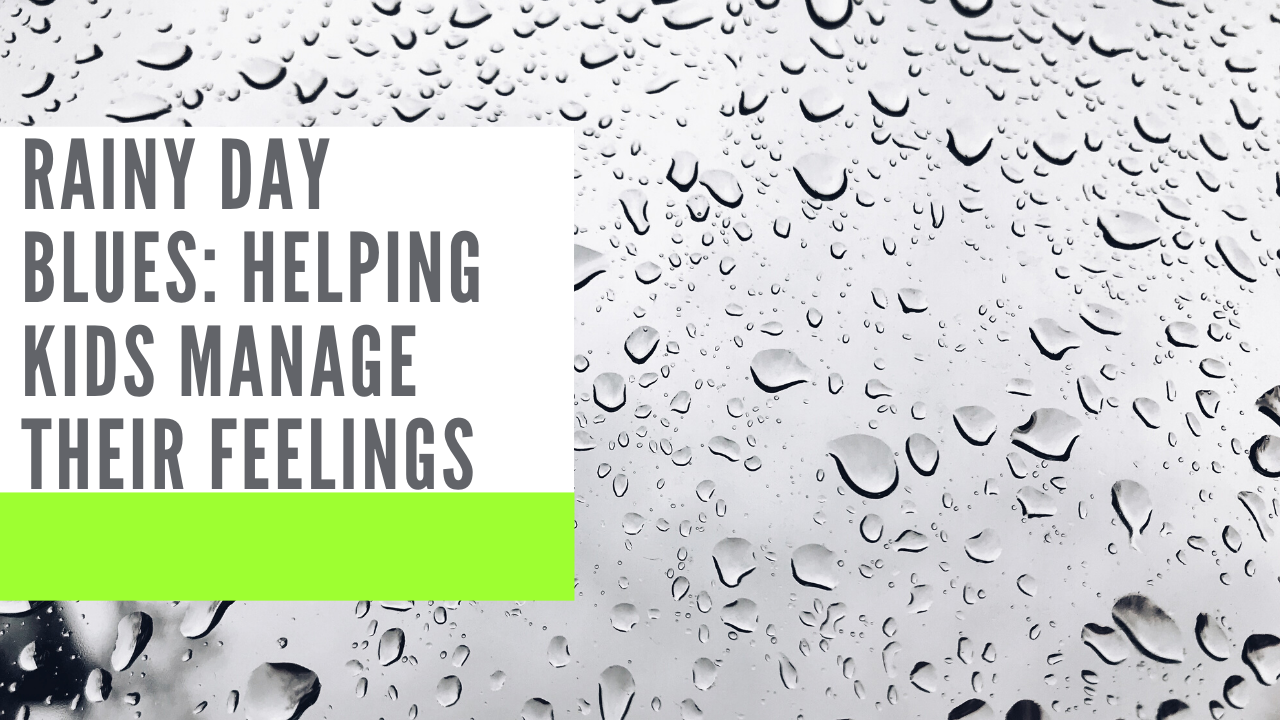Weathering the April showers isn’t always easy, even with the promise of the beautiful flowers they’ll bring. In this ever-changing world, it isn’t enough to rely on personal experiences when helping today’s youth manage their emotions. To truly help the kids you care about, you’ll need to see things as they do and develop an understanding of the fast-paced, interactive, and sometimes invasive nature of the universe they live in.
The COVID-19 pandemic is like one big, rainy day. Social distancing keeps them away from their friends and the outlets they find away from home, though for children and teens today, engagement with the outside world never really ends. They are constantly connected with their friends, peers, and in some cases, their bullies. There is no “taking a break” from social interaction. It follows them everywhere they go, so long as there is a phone in their pocket.
Simply cutting off access to their devices will do little more than build resentment and distrust between you and your child, but if that’s the case, how is one supposed to help?
According to kidshelpline.com, there are a number of ways to help your child learn how to express and cope with their emotions, but the first step is helping them identify their feelings.
“Kids who are able to identify, understand, express and manage a wide range of feelings experience long term benefits to their mental health and wellbeing.”
Successfully identifying and expressing emotions helps children develop important social skills and leads to better performance in school, relationships, and mental wellbeing. It is imperative that children feel that they can talk to you about what they are feeling, as they may not always have the right words to describe their emotions. Figuring it out together can help them recognize the feeling in the future.
Once they have a handle on their feelings, there are a variety of coping strategies you can help them implement to deal with their emotions. Creative outlets such as drawing, painting, or journaling are often recommended as a way to encourage self-expression. Keeping a diary or journal is an excellent way for children to vent their feelings in a way that feels safe and personal. Drawing and painting allow children to portray their thoughts and concentrate on a project, which promotes creativity, focus, and sometimes, relaxation.
Our Onspire program can also serve as a cure to those rainy-day blues. It gives parents access to supplemental content to fill their time while reinforcing literacy skills and social-emotional learning. Children have an outlet to invest their time and energy in while also reaping educational benefits.
Now that the weather is warming up, perhaps your child would like to go outside and play. Sports are another highly recommended activity for children to manage their emotions. Rigorous physical activity promotes the production of endorphins, and is a great way to “blow off steam.”
An article from harmonylearning.com said, “At this time, it’s good for children to have existing creative outlets that they’re comfortable and familiar with. There will be times when they seek solace in their artwork, dance, or music as a means of dealing with their problems.”
Establishing effective, healthy coping mechanisms in children will provide them with sources of comfort and clarity that last a lifetime. While building trust between yourself and your child is a key component in getting them to be more open with their feelings, it is also beneficial for them to find an outlet they can turn to. A combination of conversation and independent coping will help the kids you care about keep their cool in today’s nonstop world.
If you have any questions on building these skills in children, please do not hesitate to reach out. Through our Onspire software, both parents and teachers can utilize pre-made literacy-based social and emotional development courses or develop your own. Learn more and request a free trial here: https://onspirelearning.hibster.com.

